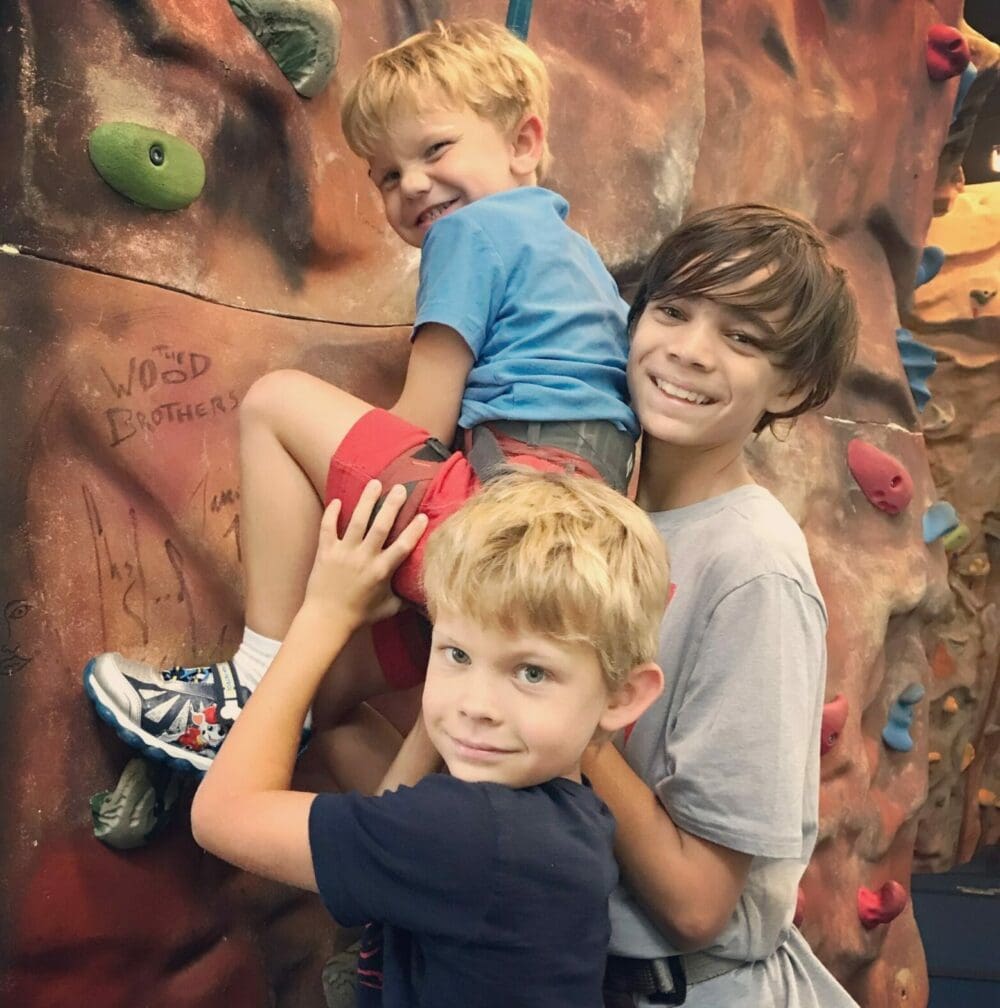Molecular analysis of glutamatergic neurons derived from iPSCs containing PPM1D truncating mutations found in Jansen de Vries Syndrome
Researchers interested in understanding the genetic basis of intellectual disabilities (ID) and autism spectrum disorder (ASD) have a powerful new research tool; induced pluripotent stem cell (iPSC) technology. These cells have the unique capacity to form essentially every type of cell in the body, including neurons and other brain cells. iPSCs can be generated from white blood cells obtained in a simple blood draw. When iPSCs are developed from individuals with ASD and ID, researchers can turn those cells into patient-specific neurons, a truly monumental scientific achievement. In addition to neurons, iPSCs can also be converted into small (several millimeters in diameter) 3-D structures called “cerebral organoids,” which, remarkably, resemble a first trimester fetal brain in their microscopic appearance and molecular functions. Cerebral organoids are being used as a model system to study the effect of ASD and ID-associated mutations on early brain development. In the current proposal, we are studying Jansen DeVries Syndrome (JdVS), which is caused by unique mutations in the PPM1D gene. Children with JdVS have a learning disability, and neuropsychiatric and physical problems that include severe anxiety, feeding problems, and other gastrointestinal issues. We have developed iPSCs from patients with JdVS and have recreated PPM1D mutations in iPSCs derived from typically developing controls using a gene editing technique called CRISPR-Cas9. These iPSCs will be turned into neurons and microglia, the brain’s immune cells, and analyzed with modern molecular tools to identify cellular pathways that are adversely affected by JdVS-causing PPM1D mutations to find novel therapies that will hopefully improve the quality of life of individuals with JdVS and their families.

